How 4 Indigenous Cultures Currently Use Psychedelics
Explore how the Mazatecs, the Shipibo People, Yanomami People, and Africans practicing the Bwiti religion continue to use various entheogens to this day.

Explore how the Mazatecs, the Shipibo People, Yanomami People, and Africans practicing the Bwiti religion continue to use various entheogens to this day.
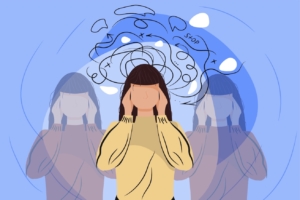
Charity co-founder Tania de Jong says Covid-19 pandemic has led to “a huge spike in mental health issues including, very sadly, suicides,” and she believes psychedelics are a solution.

“HPPD is a discomfort. Some people have it for 10, 15, 20 years and they regret the day they did the drug that caused it,” says the CEO of Ehave.

In Brazil, there have been no instances of an individual being punished for the consumption, cultivation, or possession of magic mushrooms.
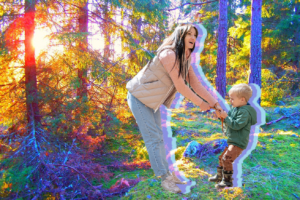
They’re not quite hippies, and they’re not quite 20-year-olds on the search for existential assurance. Nope. They’re moms, and they’re coming out of the psychedelic closet to share how microdosing has helped them become better parents.
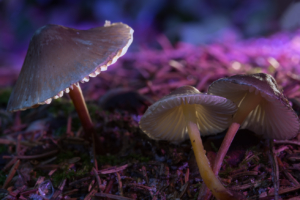
“Decriminalization of entheogenic substances makes sense,” says Senator Jeff Irwin. “Let’s stop wasting time and money making more victims of the War on Drugs.”

“Magic Truffle” producer and distributor Red Light Holland has had a very busy week, and Filament Health files a “milestone” patent.
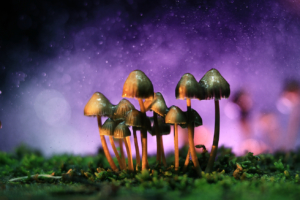
In its proposed revised 2021 quotas, the DEA suggests 4900% increase in the allowed quantities of psilocybin for research and clinical trial purposes.
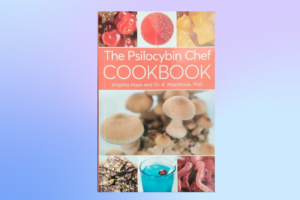
Virgina Haze, the co-author of “The Psilocybin Chef Cookbook,” promises a psychedelic experience “can be delicious as well as trippy.”

Canadian psychedelics production company Red Light Holland announces largest legal sale and import of psilocybe truffles.
End of content
End of content
By signing up to the Psychedelic Spotlight newsletter you agree to receive electronic communications from Psychedelic Spotlight that may sometimes include advertisements or sponsored content.